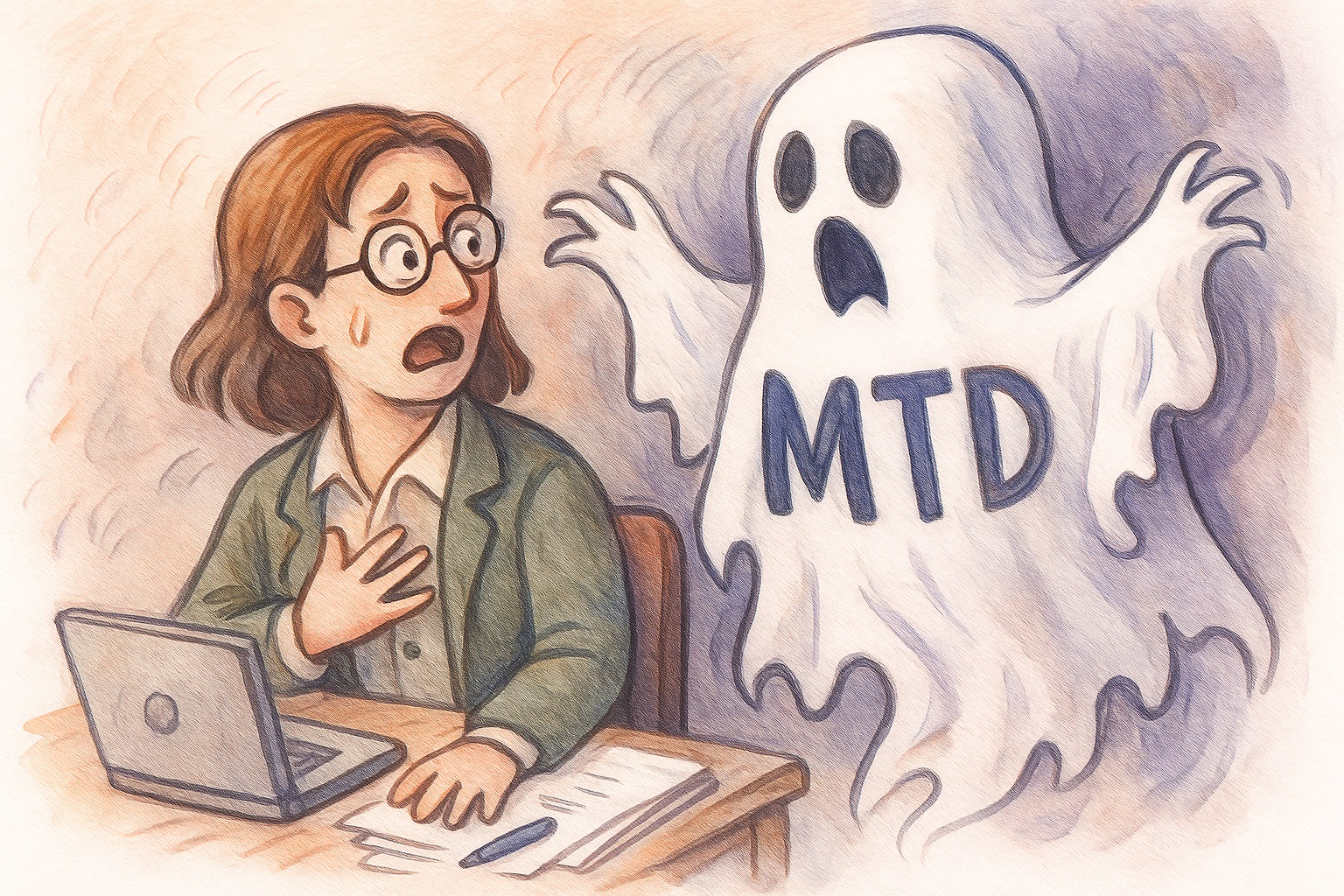Retaining Talent in Your Accounting Firm
In a profession built on precision, projections, and performance, there’s one metric that isn’t tracked nearly enough: your talent retention rate. The accounting industry is facing a talent crunch — and it’s not just about recruitment anymore. It’s about retaining talent. Looking after the brilliant people you already have before they’re lured away by bigger firms, sexier startups, or quite frankly, burnout.
If you’re running a practice and struggling to keep top performers engaged, motivated, and—most importantly—on your payroll, you’re not alone. Let’s break down how you can start fixing that today.

Why Talent Walks: Common Pain Points Driving Staff Away
If turnover feels like your new normal, it’s time to ask some hard questions. Here are the most common pain points we see in accounting firms:
Workload Overwhelm
Endless deadlines, outdated systems, and manual processes lead to burnout. Fast. It’s not just unsustainable—it’s avoidable.Lack of Purpose or Progression
Talented accountants want to grow. If their role is stagnant, their ambition will find a new home.Tech Fatigue (or Tech Drought)
Either your firm is using outdated tools that slow everyone down, or you’ve implemented flashy tech without proper training. Both are equally frustrating.Poor Management & Communication
Great talent won’t stay in an environment where they feel undervalued, unheard, or micromanaged. The problem isn’t always the work—it’s often the leadership.
Retaining Talent: The Basics That Still Matter
Before we dive into tech-powered transformation, let’s start with the human fundamentals. Here are the pillars of retention you cannot afford to overlook:
Flexible Working is Non-Negotiable
Remote-first, hybrid options, four-day workweeks—top talent wants to work smarter, not longer. If your firm hasn’t embraced flexibility, talent will flex their way right out the door.Clear Career Progression
If your employees can’t see a future with you, they’ll go find one elsewhere. Invest in training, mentorship, and internal promotions. Show them their next step—then help them take it.Culture Over Contracts
Ping-pong tables and Friday drinks are nice, but real culture means inclusion, support, recognition, and trust. Create a workplace people feel proud to be part of.Competitive Compensation
Yes, accountants know how much they’re worth—and they’ll do the math. If you’re not benchmarking salaries and offering meaningful benefits, you’re leaving the door wide open for your competitors.
AI & Automation: Your Secret Weapon for Retention
Let’s talk about what’s really driving change in the modern practice: automation and AI. No, it’s not just about working faster—it’s about working better. And your team will thank you for it.
Bye-bye Burnout
Nobody becomes an accountant for the thrill of data entry or chasing receipts. Automating the tedious, repetitive tasks frees your team to do what they actually trained for—analysis, strategy, and client interaction.Upgraded Roles, Upgraded Satisfaction
AI doesn’t replace talent; it enhances it. When your team is using smart tools, their roles evolve. They become advisors, analysts, and innovators. And with that evolution comes pride in their work.Time Back, Value Forward
Automation gives your team the gift of time—and they’ll use it to upskill, innovate, and breathe. A team that isn’t overworked is a team that stays.
Retaining Talent = Building the Future
Retention isn’t just an HR metric—it’s a strategic imperative. Because the future of accounting isn’t just digital. It’s human and digital. The firms that thrive will be the ones that blend brilliant people with powerful tools. Where AI takes care of the busywork, and human expertise drives insight, innovation, and relationships.
So don’t just think about how to hire better. Think about how to keep better. Because the combination of loyal, fulfilled talent and modern automation is what will carry your practice into the next generation of accounting.



